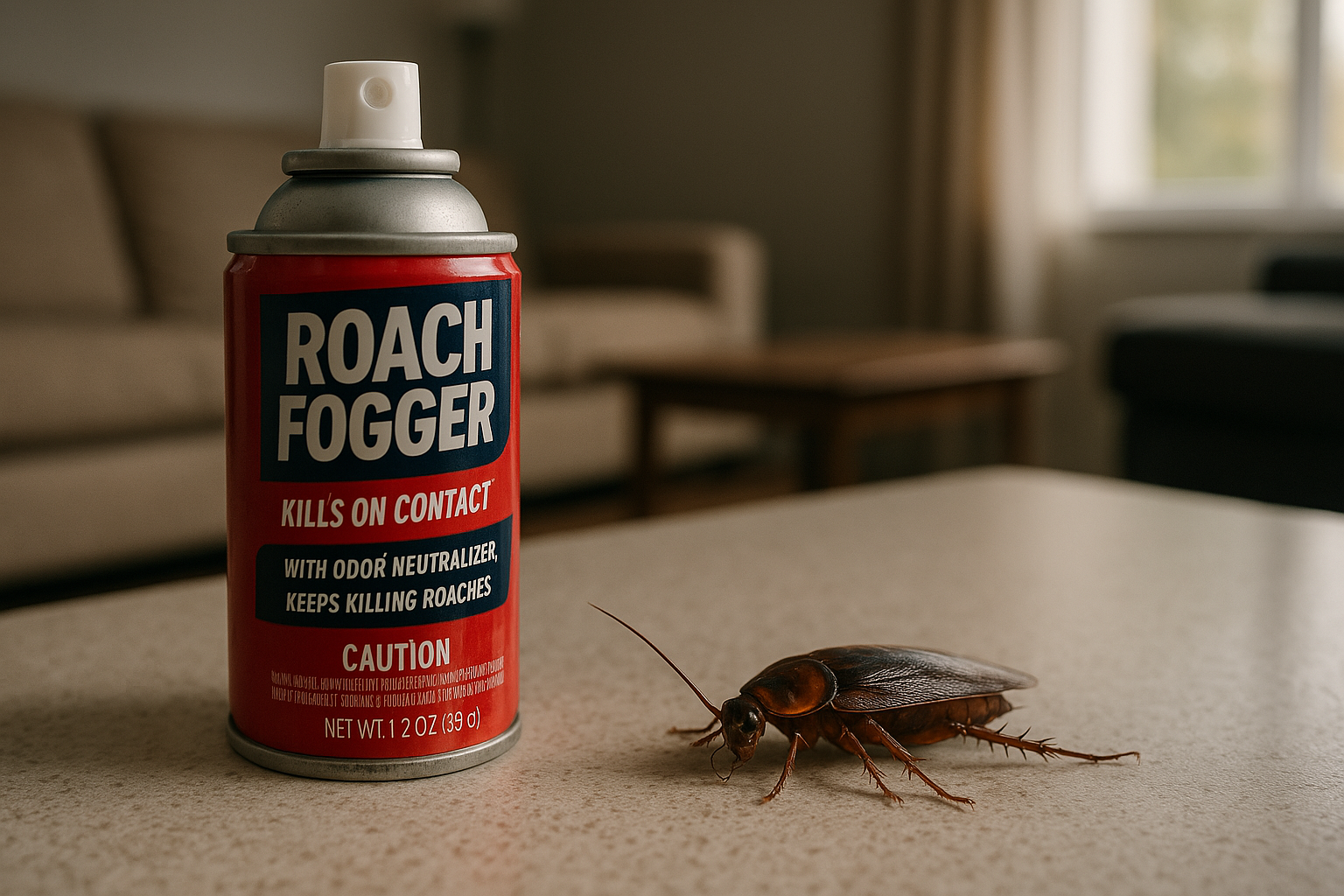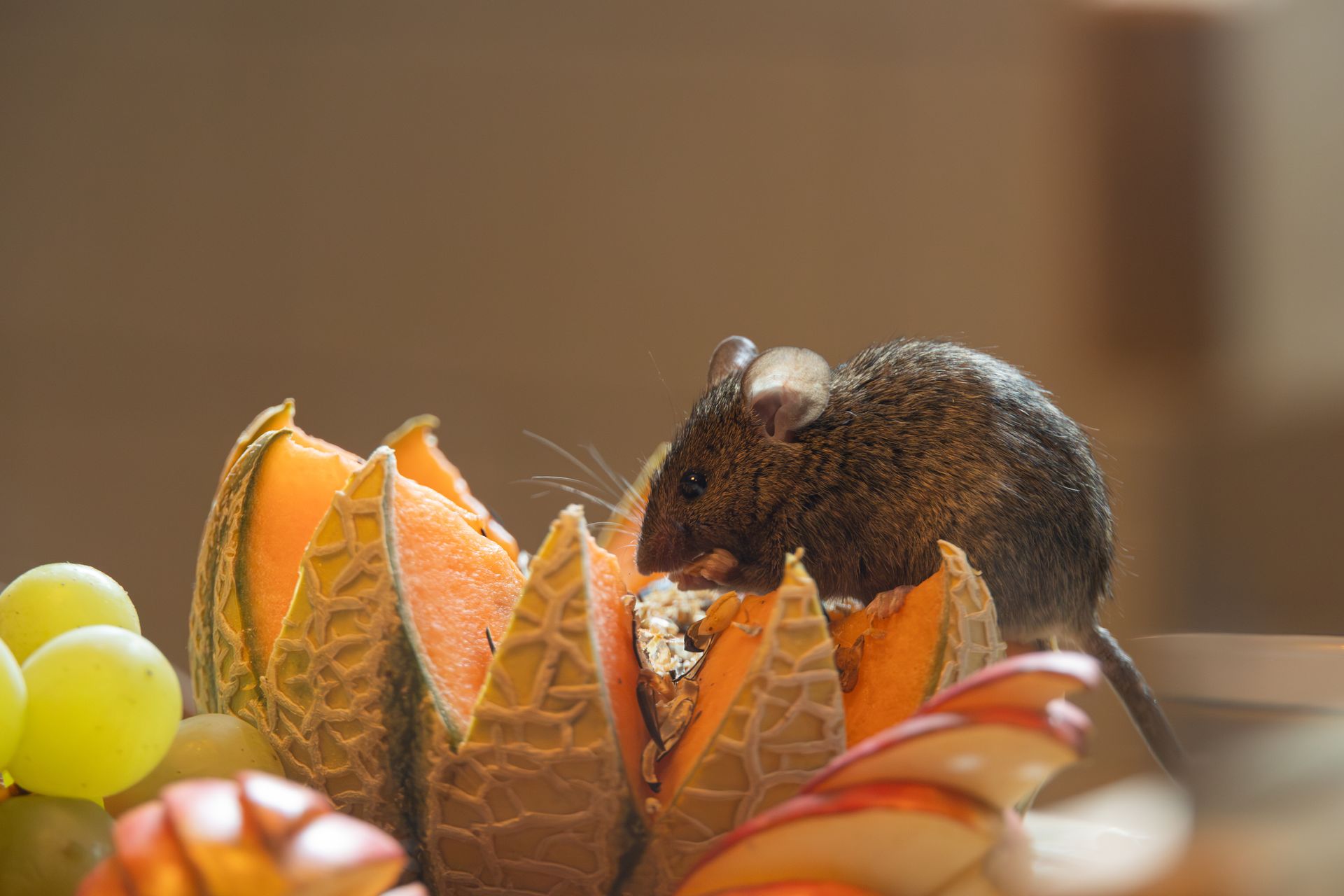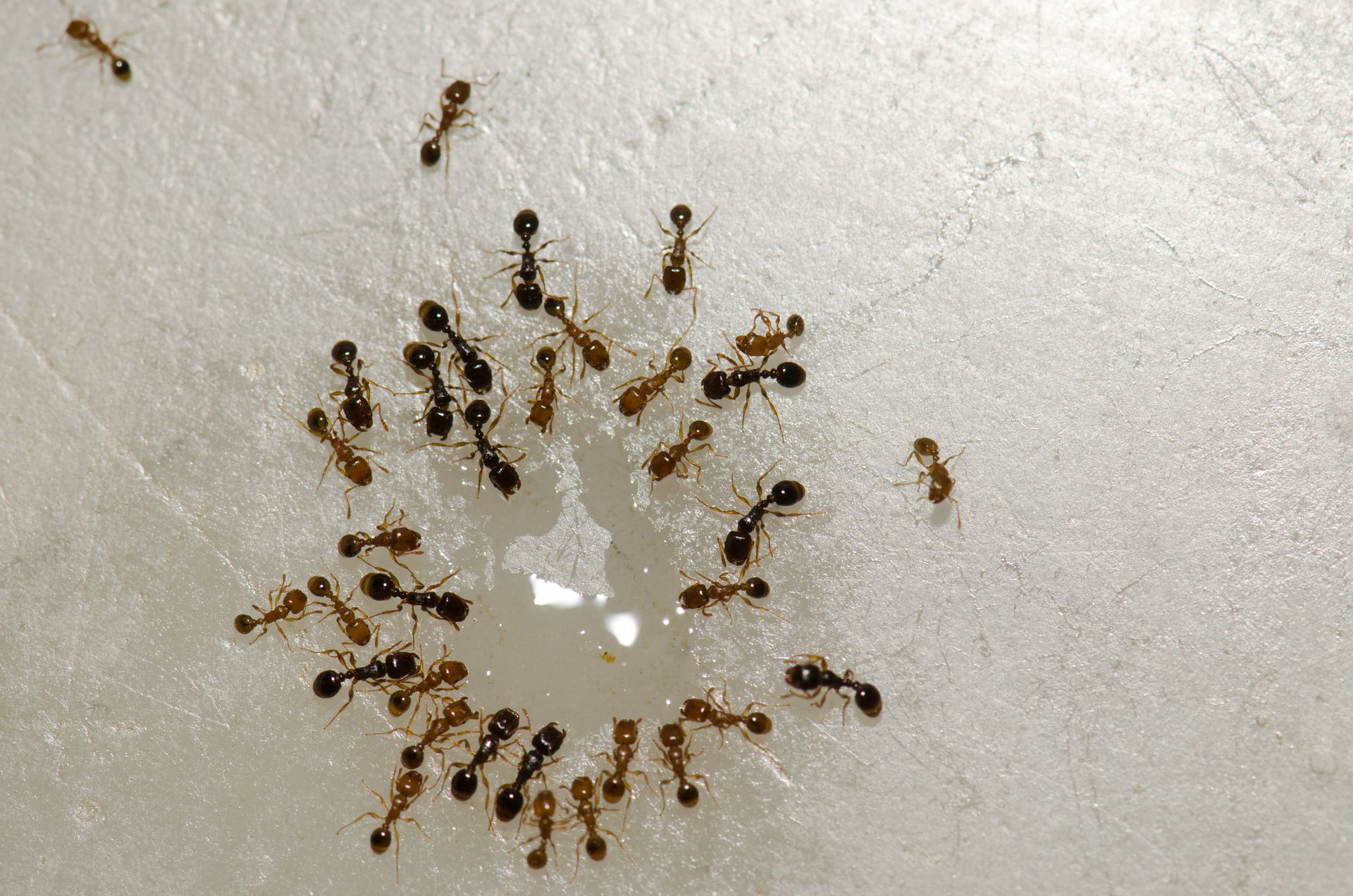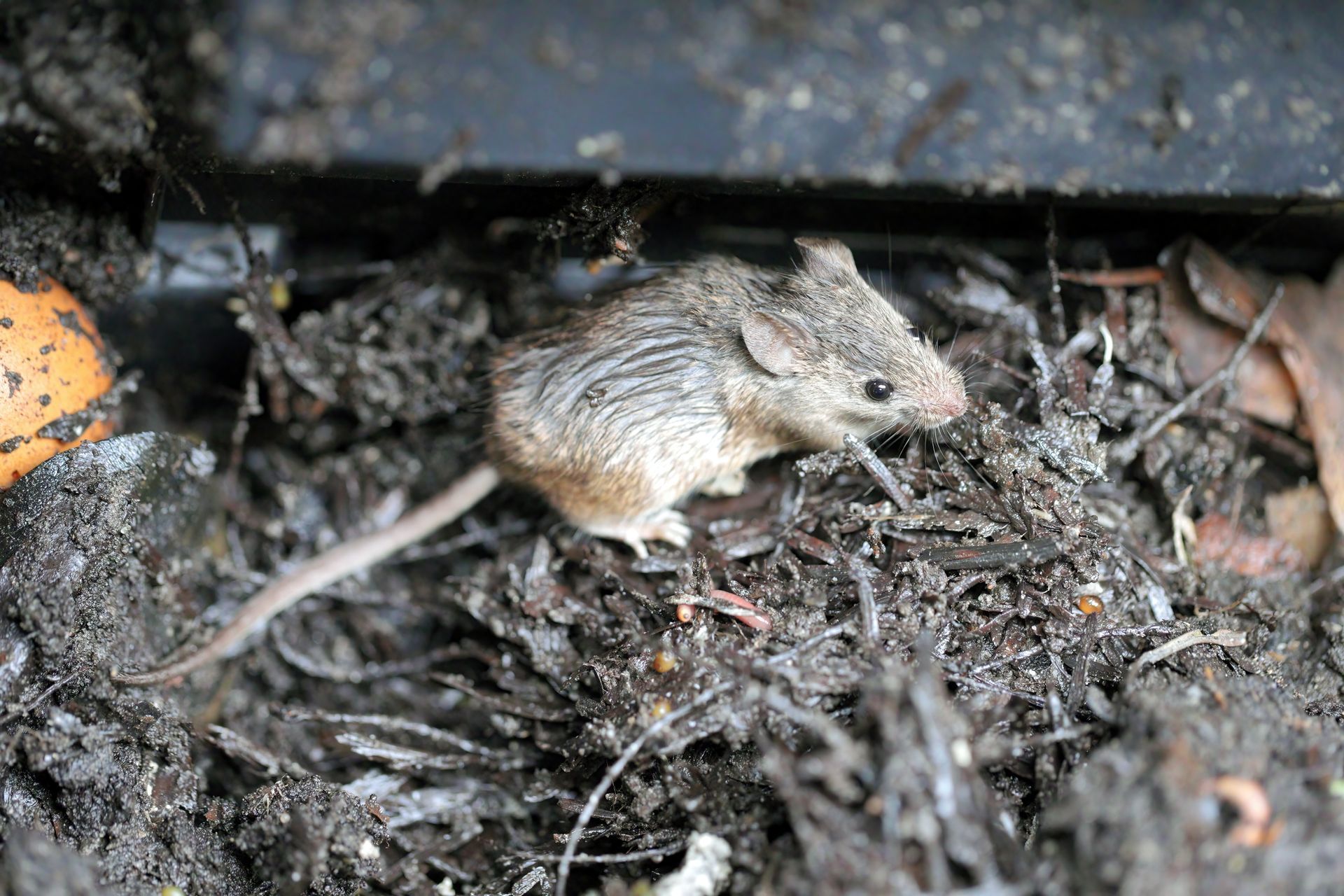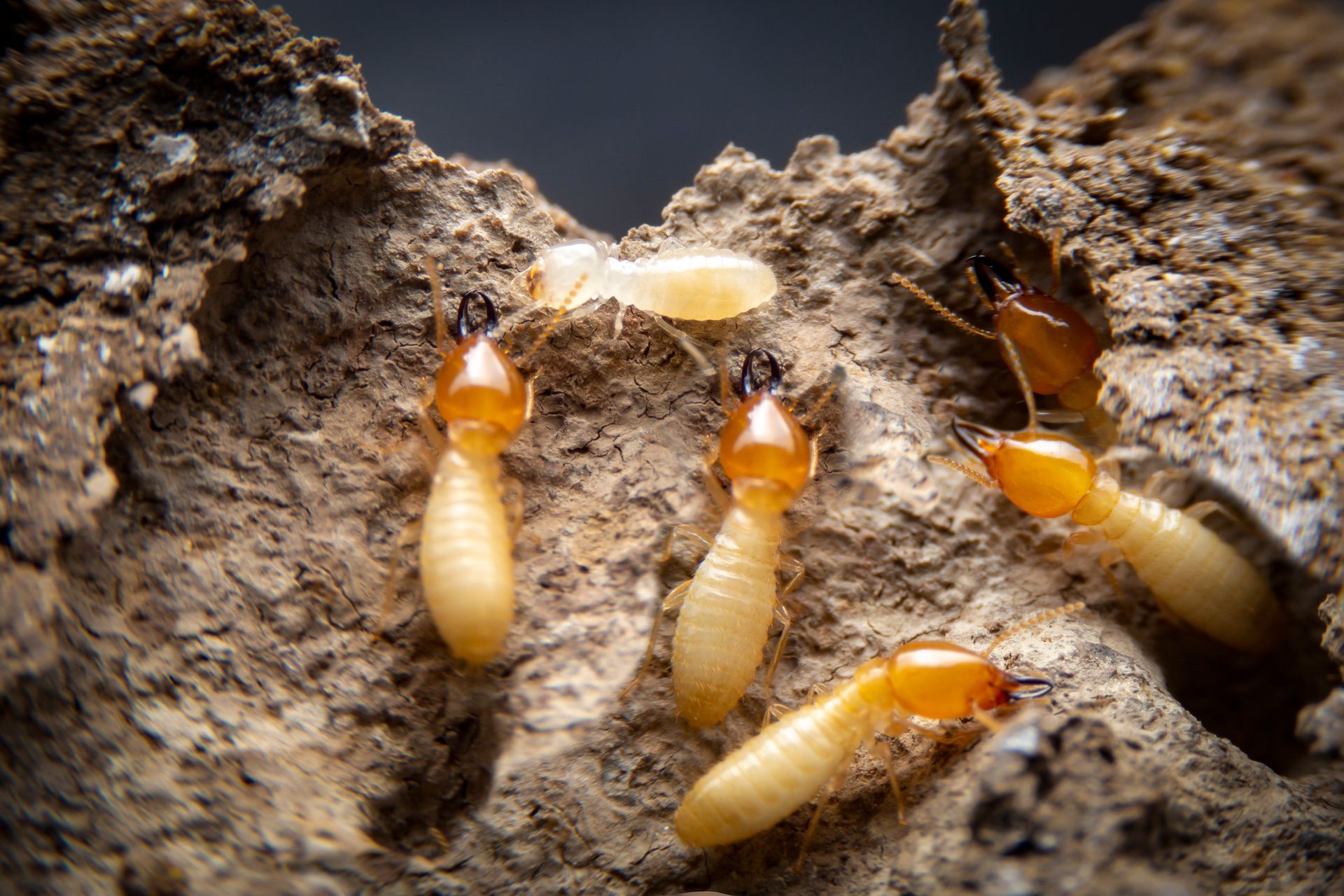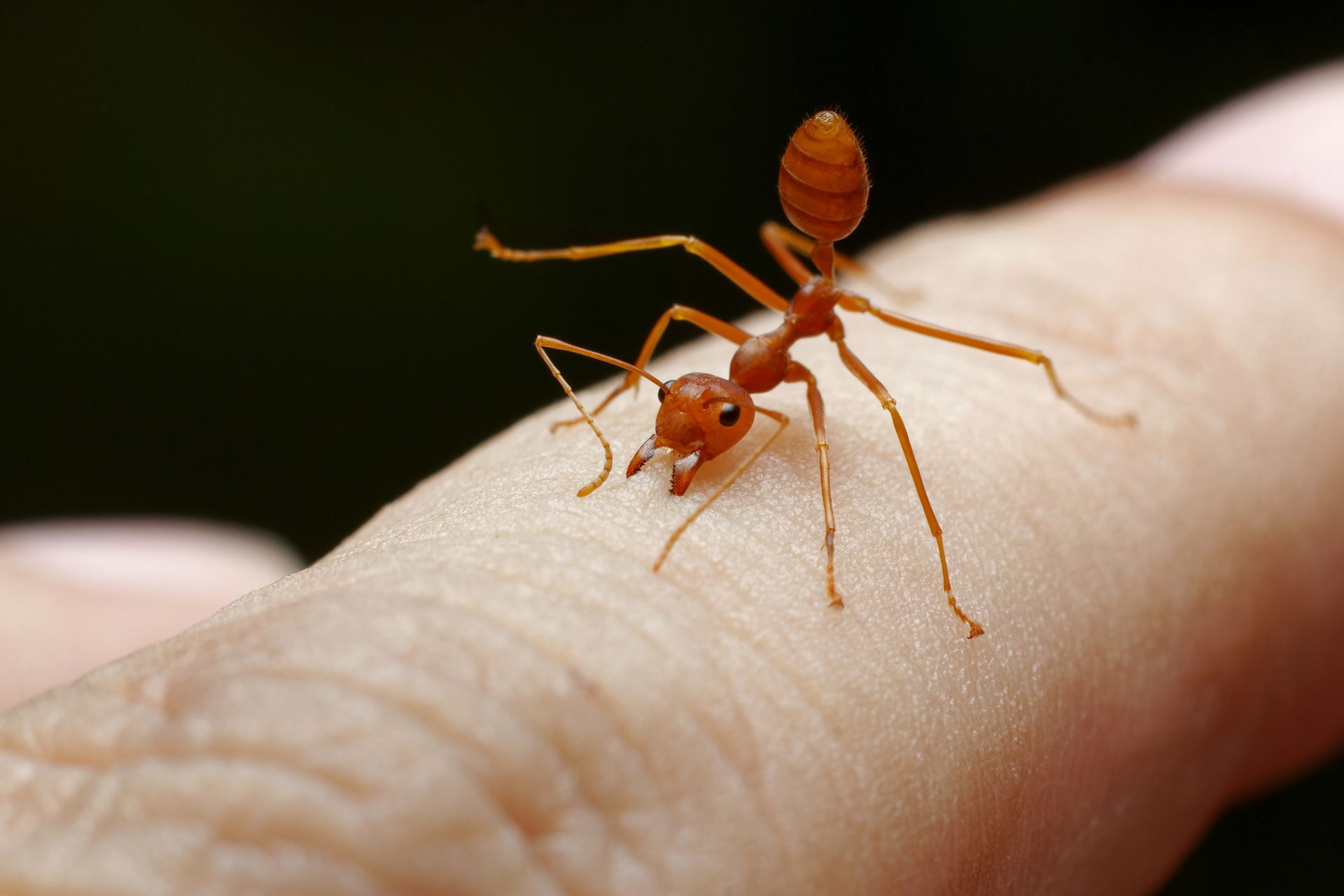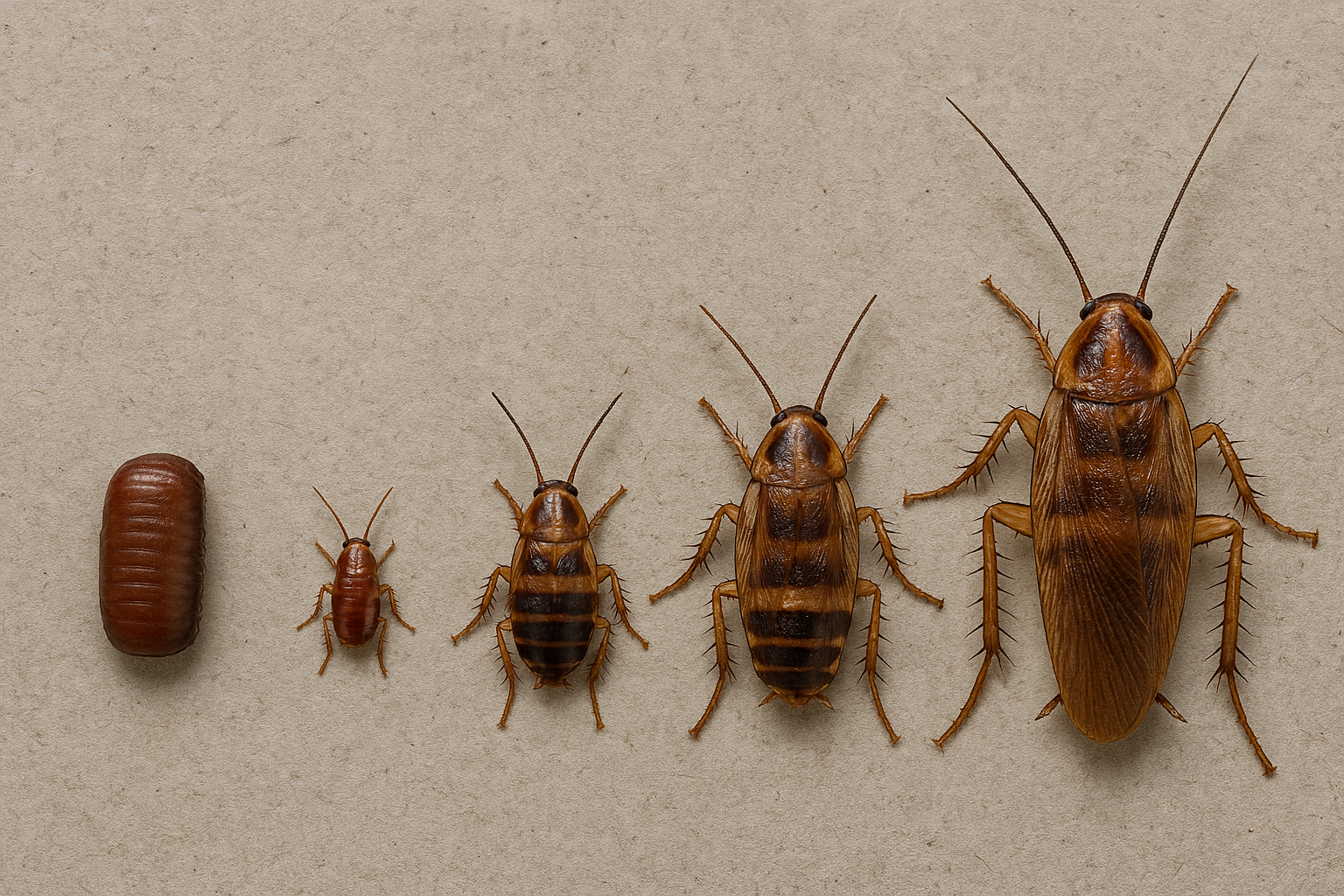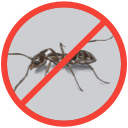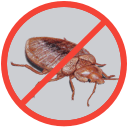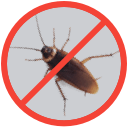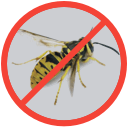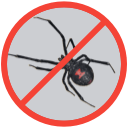Top 12 Benefits of Eco-Friendly Pest Control

When eco-friendly pest control is discussed, it usually refers to the use of non-toxic pesticides that are a sustainable but effective substitute for traditional pest control methods that rely heavily on dangerous chemicals. Eco-friendly pest control also incorporates integrated pest management strategies that are designed to minimize the presence of pests through prevention and exclusion tactics. These strategies combined help eliminate pests without causing harm to humans, pets, or the environment. In addition to being less toxic, there are several other benefits that make eco-friendly pest control the responsible choice when it comes to pest extermination.
Benefits of Using Eco-Friendly Pest Control
The following 12 benefits of eco-friendly pest control identify why home and business owners should think twice about using traditional pest control strategies that uses harsh chemicals to combat pests.
Eco-Friendly Pest Control is Safer for Humans
Traditional pesticides are made from hazardous chemicals that act as nerve agents against their target pests. Using these chemicals in confined spaces without proper ventilation can be dangerous to the health of the people using these chemicals. Pesticide poisoning is so prevalent that it affects an estimated 3 million people around the world every year. Even when used in appropriate amounts, these chemicals can still be dangerous to humans and cause:
- skin irritation
- eye irritation
- headaches
- nausea / vomiting
- dizziness / light headedness
- respiratory problems
- memory problems
- fatigue
Long term exposure can even lead to serious illness like blood and nerve disorders, kidney and liver damage, birth defects, and even cancer.
Eco-Friendly Pest Control is Safer for Pets
Humans aren’t the only family members that can be impacted by traditional pest control methods. Pets like dogs, cats, rodents, reptiles, and fish can all be impacted by the use of harsh chemical pesticides. Larger pets like dogs and cats can ingest or be exposed to pesticides which can result in serious illness like fever, vomiting, seizures, respiratory failure, and even death. Even if your pet doesn’t directly ingest pesticides, they can become infected with poison if they happen to consume a pest that has been infected with pesticides. This occurs when dogs and cats eat the remains of an infected rodent that had consumed rodenticides. Other smaller common pets like guinea pigs, rats, lizards, snakes, and fish are all extremely sensitive to pesticides and even the smallest amount of exposure can have serious effects. Fish are often overlooked when homes are treated which result in water tanks being exposed to nerve agents that cause the fish to die.
Eco-Friendly Pest Control is Safer for the Local Environment & Wildlife
The other detrimental impact that traditional pest control can have is on the environment and wildlife. When hazardous chemical pesticides are used outdoors, they can contaminate the air, ground, and water found in a local ecosystem. Some of these chemicals will disperse quickly but others can have long lasting impacts on waterways, ground soil, and local plant and wildlife. When this occurs, the natural balance of an ecosystem can be disturbed. One example of how non-ecofriendly pesticides can impact ecosystems is by reducing the populations of non-target insects, this could have a cascading impact on the food chains that feed local birds and animals. Another example is when pesticides kill off beneficial non-target pests like pollinators which can have devastating impacts on how local plant life is able to replenish itself year after year. Both examples highlight how devastating traditional pest control methods can be on the preservation of biodiversity.
Eco-Friendly Pest Control Is Less Damaging to Air Quality
In addition to impacting water and soil, harsh chemical pesticides can also release volatile organic compounds into the air. This can contribute to respiratory problems if pesticides are used in confined spaces without proper ventilation. Ecofriendly pest management strategies help reduce the used of these types of pesticides and replaces them with the use of other pesticides that are less toxic and other control methods like prevention and exclusion to help control pests.
Eco-Friendly Pest Control is Less Likely to Contaminate Food Sources
Chemical pesticides that are used to treat agriculture can end up contaminating fruits and vegetables that are supplied to the general population. There is typically a window where pesticides should not be used prior to harvest but this can be difficult to monitor and control. Using eco-friendly pest control strategies is a good way to avoid this type of contamination as naturally derived pesticides are typically non-toxic.
Eco-Friendly Pest Control Has a Lower Carbon Footprint
Eco-friendly pesticides are generally derived from natural sources which means that harsh chemicals are not being synthesized to manufacture pest control products. These formulation methods have a much smaller carbon footprint as extraction methods usually require less input than manufacturing chemicals. If you factor in other ecofriendly pest control strategies like prevention and exclusion, you can cut down on the use of pesticides all together.
Eco-Friendly Pesticides Are Better for Your Landscaping
Eco-friendly pesticides are naturally derived so they won’t cause damage to local plant life. Traditional pesticides on the other hand can cause flowers, plants, and grass to brown, wilt, and die off if they are not used in appropriate amounts. When pesticide overuse occurs, ground soil is contaminated which can result in dead patches that are nearly impossible to bring back to life.
Bugs Are Less Likely to Build Resistance to Eco-Friendly Pesticides
Chemical pesticides can result in pesticide resistance being built up as several generations of pests are exposed to the same chemicals. Since eco-friendly pesticides are derived from natural sources that pests have been exposed to, it is unlikely that any resistance will be built up over time. This means that natural pesticides will produce long term results. The same can also be said when incorporating other pest management strategies that rely heavily on prevention and exclusion. These ecofriendly pest control methods do not rely on pesticides at all.
Eco-Friendly Pest Control Generally Has More Cost Savings
In the long run, using integrated pest management strategies helps reduce the cost of pest control. This is because prevention and exclusion strategies stop pests before they become a problem which eliminates the need for expensive treatment options that might result from a serious pest infestation. If bugs like termites, cockroaches, bedbugs, etc. are prevented all together, there will be no need for expensive treatment options like fumigation or heat treatment which can cost thousands of dollars.
Eco-Friendly Pest Control is More Humane
Traditional rodenticides are often criticized as an inhumane method of dealing with rodents. Some of these rodenticides like warfarin and bromadiolone can take up to 10 days for rodents to eventually die. During this time, their bodies are breaking down which result in a slow agonizing death that ends with death caused by internal hemorrhaging. Using ecofriendly pest management strategies like prevention and exclusion can eliminate the need for rodent baits by helping stop the rodent problem before it even starts.
Eco-Friendly Pest Control is More Convenient
Harsh chemical pesticides sometimes require preparation and cleaning that ecofriendly options does not. In order to prepare for using traditional pesticides, furniture sometimes needs to be covered, food needs to be contained, and premises must be vacated. This is followed by thoroughly cleaning up after pesticide application to prevent contact with these harsh chemicals. When using non-toxic ecofriendly pest control options, some of these steps can be avoided all together. It also adds an extra layer of convenience knowing extra precautions are not needed to protect kids and pets from pesticide exposure.
It’s Typically a Smarter Way to Control Pests
Using an integrated pest management approach is typically a much better way of controlling pests than relying solely on the use of traditional pesticide-based pest control strategies. Pest populations can be controlled using the minimal amount of effort when implementing the combined strategies of prevention, exclusion, and control. This combined strategy minimizes pest activity using non-toxic and non-invasive pest control treatments.
Can Exterminators Really Be Eco-Friendly?
It is hard to believe that pest control can be ecofriendly given the nature of pest control as a business. You may ask yourself how can a business that focuses on the termination of bugs be environmentally conscious with a focus on sustainability. With that in mind, it is important to note that pests naturally deal with environmental factors and predators that make their lives difficult. Using ecofriendly pest control strategies leverages natural methods of pest control that pests are already dealing with to help keep their populations under control. This means that pest control methods like using growth regulators, natural predators, non-toxic & all natural pesticides, and natural deterrents can be ecofriendly even when it comes to the extermination of certain pests.
Different Types of Eco-Friendly Products
Ecofriendly pest control covers several different strategies but one of the most important aspects of ecofriendly pest control involves the use of safe, non-toxic pest control products. There are several different products out that are effective when used correctly.
Microbial Insecticides
Similar to humans that can get sick when they are infected with a virus, bacteria, or parasite, pests can also be infected using microbial insecticides that leverage the power of bacteria. Once infected, pests will get sick and eventually die. Microbial insecticides are extremely effective at targeting specific pests without infecting non-target insects and animals. This is because there are specific diseases that affect certain bugs without being a threat to other animal life.
Insecticidal Soaps
Insecticidal soap contain special fatty acids and salts that penetrate the outer shell of certain soft bodied insects. This caused damage to the exterior cells which result in dehydration and starvation. These soaps are most effective against bugs like aphids, whiteflies, earwigs, mealy bugs, and thrips. These are all common garden variety insects so applying these soaps to your garden is an effective method of keeping these pests under control.
Insecticidal Oils
Insecticidal oils are petroleum based and are used to suffocate certain pests. This product is effective against aphids, spider mites, mealy bugs, and other garden pests. They have been used for a long time because they are effective against adults as well as earlier stages of development like eggs and larvae. It is important to note that these oils can be damaging to plant life so it is important to follow the directions and use the oils properly.
Diatomaceous Earth
Diatomaceous earth is a product that consists of the fossilized remains of diatoms. These remains effectively become a silica-based product that helps desiccate insects that come into contact with the substance. The product itself if typically sold as a fine powder but under a microscope, the dust is covered in sharp edges that scar the exoskeleton of pests it comes in contact with. This causes the bugs to leak vital fluids before eventually dying from dehydration. Diatomaceous earth is effective on a wide variety of bugs from bed bugs to snails to cockroaches and ants. The dust is a good tool to use when you have hard to reach areas like inside wall cavities.
Neem Oil
Neem oil is a common all purpose natural pesticide and pest deterrent. It is extracted from the neem tree and can be applied via foliar spray or soil drench. Neem oil has some additional benefits:
- It sterilizes certain pest species which helps stop the spread of certain pest infestations
- It can be taken in by plant roots where it will present in plant tissue which makes an entire plant resistant to certain bugs
Botanical Insecticides
The most common botanical insecticide is pyrethrin. This active ingredient is all natural and extracted from daisies. Even though it is all natural, pyrethrin is still considered a broad-spectrum insecticide that kills several chewing and sucking insect species on contact. The only problem with pyrethrin is that is can also be harmful to beneficial pests so care should be taken when applying the pesticide.
Contact EcoGuard for Eco-Friendly Pest Control Services
EcoGuard Pest Management is dedicated to using ecofriendly pest control strategies to minimize the likelihood of pest infestations. If you are dealing with a pest infestation and would like to implement environmentally conscious pest management, call EcoGuard today to schedule an inspection with one of our pest control experts.



